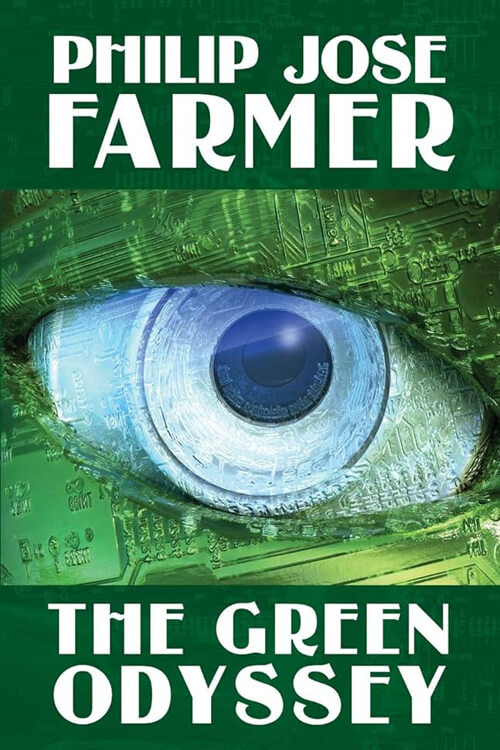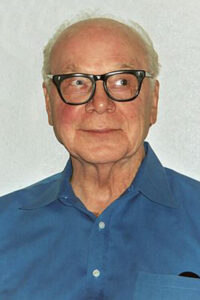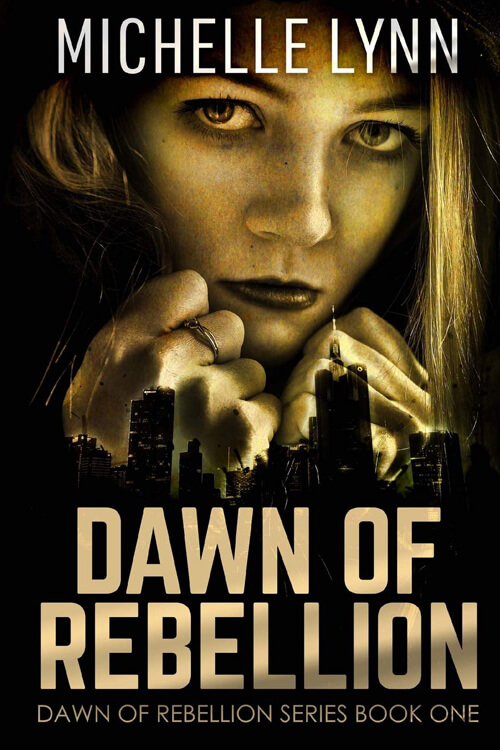
The Green Odyssey
FOR TWO YEARS, Alan Green had lived without hope. From the day the spaceship crashed on this unknown planet, he had resigned himself to the destiny created for him by accident and mathematics. Chances against another ship landing within the next hundred years were a million to one. Therefore, it would do no good to sit around waiting for rescue. Much as he loathed the idea, he must live the rest of his life here and squeeze as much blood as he could out of this planet-sized turnip. There wasn’t much to squeeze. It seemed to him that he was the one losing the blood. Shortly after he’d been cast away, he’d been made a slave.
Now, suddenly, he had hope.
Hope came to him a month after he’d been made foreman of the Duke of Tropat’s kitchen slaves. It came to him as he stood behind the Duchess during a meal and directed those who were waiting upon her.
The Duchess Zuni had not so subtly maneuvered him from the labor pens to his coveted, if dangerous, position. Why dangerous? Because she was very jealous and possessive, the slightest hint of lack of attention from him could mean he’d lose his life or one limb or another. The knowledge of what had happened to his two predecessors kept him extremely sensitive to her every gesture and wish.
That fateful morning, he stood behind her as she sat at one end of the long breakfast table. He held his foreman’s wand in one hand, a little white baton topped by a large red ball. With it, he gestured at the slaves who served food, who poured wine and beer, who fanned away the flies, who carried in the household god and sat it on the god chair, who played something like music. Now and then, he bent over the Duchess Zuni’s long black hair. He whispered phrases from this or that love poem, praising her beauty, supposed unattainability, and his burning, if seemingly hopeless, passion for her. Zuni would smile or repeat the formula of thanks— the short one— or giggle at his funny accent.
Read or download Book
Philip José Farmer
Philip José Farmer (January 26, 1918 – February 25, 2009) was an American author known for his science fiction and fantasy novels and short stories.
Farmer is best known for his sequences of novels, especially the World of Tiers (1965–93) and Riverworld (1971–83) series. He is noted for the pioneering use of sexual and religious themes in his work, his fascination for, and reworking of, the lore of celebrated pulp heroes, and occasional tongue-in-cheek pseudonymous works written as if by fictional characters. Farmer often mixes natural and classic fictional characters and worlds with real and fake authors, as epitomized by his Wold Newton family books, which tie classic fictional characters together as real people and blood relatives, resulting from an alien conspiracy. Such works as The Other Log of Phileas Fogg (1973) and Doc Savage: His Apocalyptic Life (1973) are early examples of literary mashup novels.
Literary critic Leslie Fiedler compared Farmer to Ray Bradbury, describing both as “provincial American eccentrics” who “strain at the classic limits of the [science fiction] form.” However, Fiedler found Farmer distinctive for his capacity “to be at once naive and sophisticated in his odd blending of theology, pornography, and adventure.”
Biography
Farmer was born in North Terre Haute, Indiana. His parents gave him the middle name “Josie” from his paternal grandmother Josephine. Still, Farmer later changed it to “José” as he resented the woman’s name and wanted to lend color to an otherwise drab name. Farmer grew up in Peoria, Illinois, where he attended Peoria High School. His father was a civil engineer and a supervisor for the local power company. A voracious reader as a boy, Farmer said he resolved to become a writer in the fourth grade. As a child, he underwent basic religious training in the Church of Christ, Scientist (Christian Science), which he later characterized as a “peculiar background” for a science fiction writer. He became an agnostic at the age of 14 and ultimately an atheist, though not, he said, indifferent to religion. At age 23, in 1941, he married Bette V. Andre and eventually fathered a son and a daughter. After washing out of World War II flight training, he worked in a local steel mill. He later continued his education, earning a bachelor’s degree in English from Bradley University in 1950 at 32.
Early career
Farmer had his first literary success when his novella The Lovers was published by Samuel Mines in Startling Stories in August 1952, which features a sexual relationship between a human and an extraterrestrial. He won a Hugo Award for Best New SF Author or Artist in 1953, the first of three Hugo awards he won. Thus encouraged, he quit his job to become a full-time writer, entered a publisher’s contest, and promptly won first prize for a novel, Owe for the Flesh, that contained the germ of his later Riverworld series. However, the book was not published, and the farmer did not get the $4,000 prize to go to the winner. Literary success did not translate into financial security, so he left Peoria in 1956 to launch a career as a technical writer. He spent the next 14 years working in that capacity for various defense contractors, from Syracuse, New York, to Los Angeles, while writing science fiction in his spare time.
Farmer won a second Hugo award in 1968, the category Best Novella for Riders of the Purple Wage, a pastiche of James Joyce’s Finnegans Wake and a satire on a futuristic, cradle-to-grave welfare state. Reinvigorated, Farmer became a full-time writer again in 1969. Upon moving back to Peoria in 1970, he entered his most prolific period, publishing 25 books in 10 years. His novel To Your Scattered Bodies Go (a reworking of the unpublished prize-winning first novel of 20 years before) won him a third Hugo in 1972 for Best Novel.
A 1975 novel, Venus on the Half-Shell, created a stir in the larger literary community and media. It purported to be written in the first person by one “Kilgore Trout,” a fictional character appearing as an underappreciated science fiction writer in several of Kurt Vonnegut’s novels. The escapade did not please Vonnegut when some reviewers not only concluded that it had been written by Vonnegut himself but that it was a worthy addition to his works. Farmer did have permission from Vonnegut to write the book, although Vonnegut later said he regretted giving permission.
Later years
Farmer had both critical champions and detractors. Leslie Fiedler proclaimed him “the greatest science fiction writer ever” and lauded his approach to storytelling as a “gargantuan lust to swallow down the whole cosmos, past, present and to come, and to spew it out again.” Isaac Asimov praised Farmer as an “excellent science fiction writer; in fact, a far more skillful writer than I am….” However, Christopher Lehmann-Haupt dismissed him in The New York Times in 1972 as “a humdrum toiler in the fields of science fiction.”
In 2001, Farmer won the World Fantasy Award for Life Achievement, and the Science Fiction Writers of America made him its 19th SFWA Grand Master in the same year.
Farmer’s output slowed, but he continued to be active, publishing one novel and co-authoring three others (as well as producing about 20 short stories) in his last decade. He died on February 25, 2009. His wife Bette, two children, five grandchildren, and six great-grandchildren survived him.






